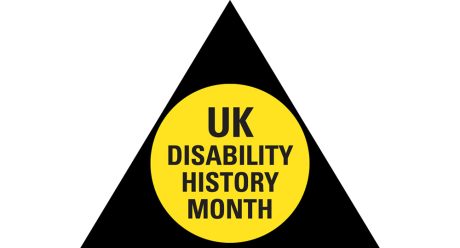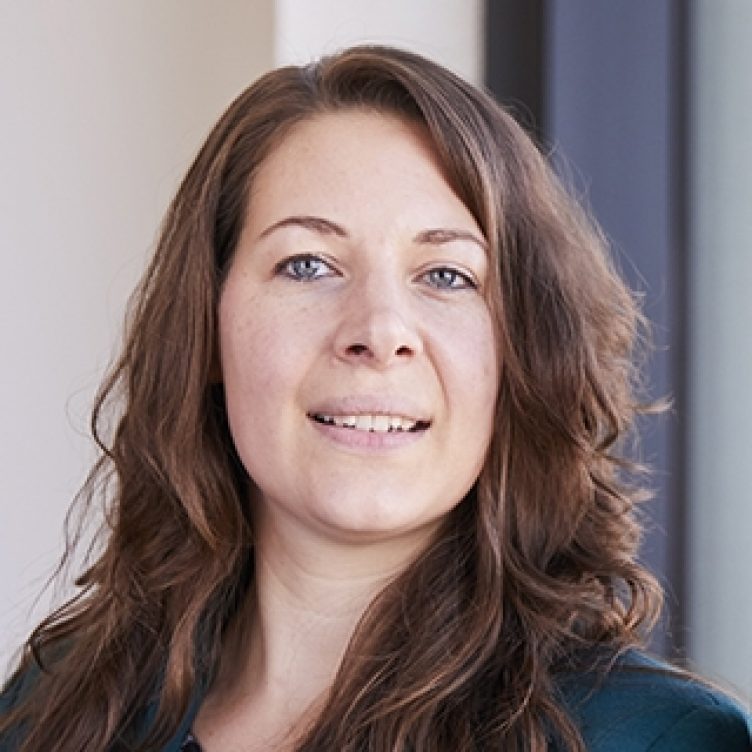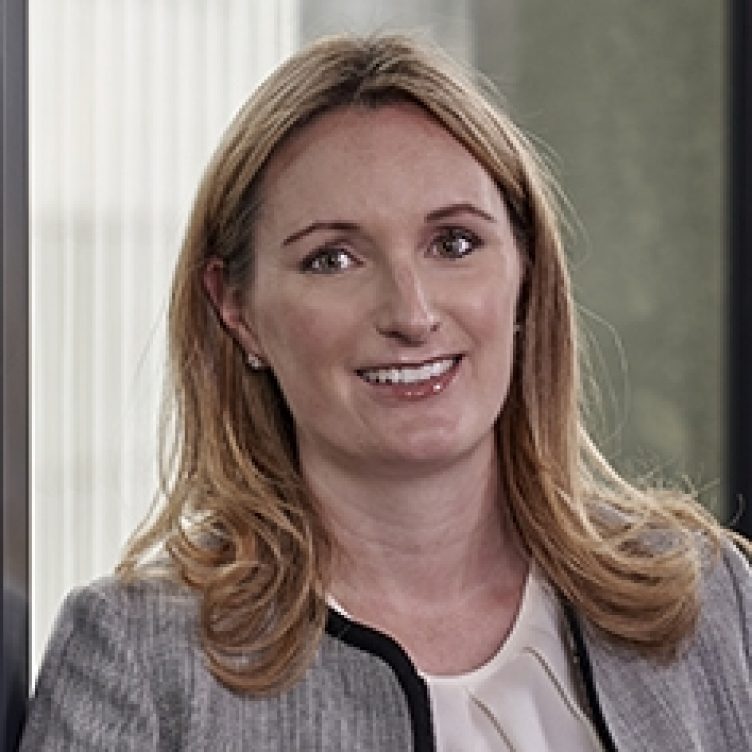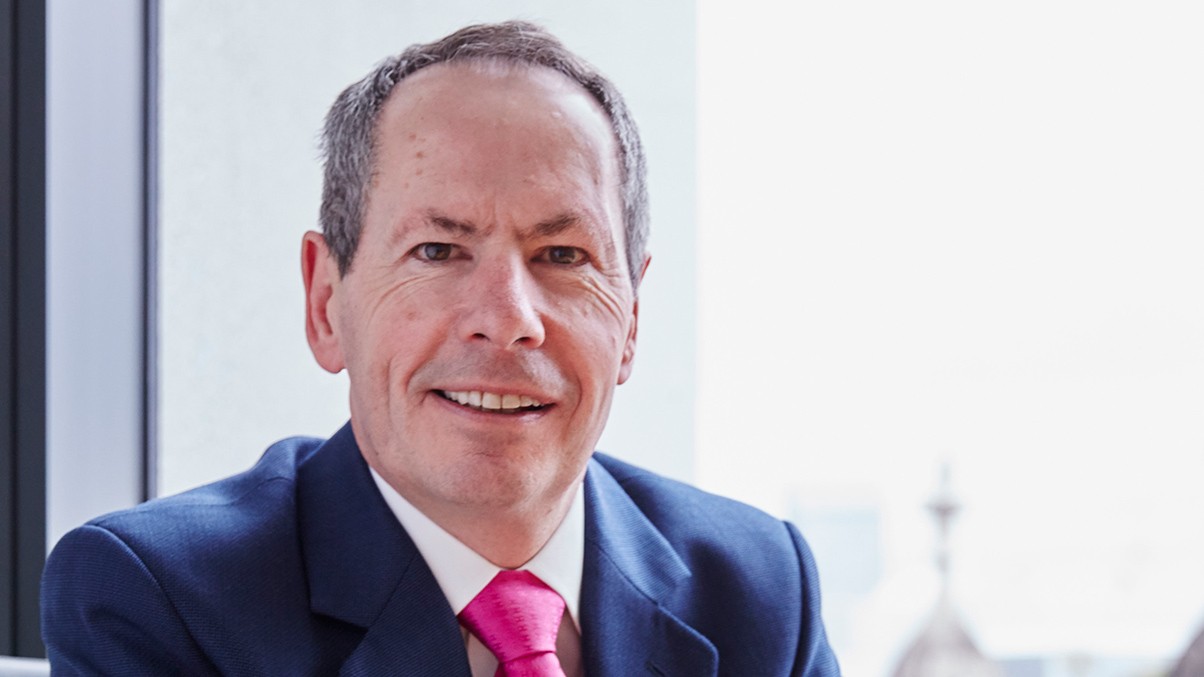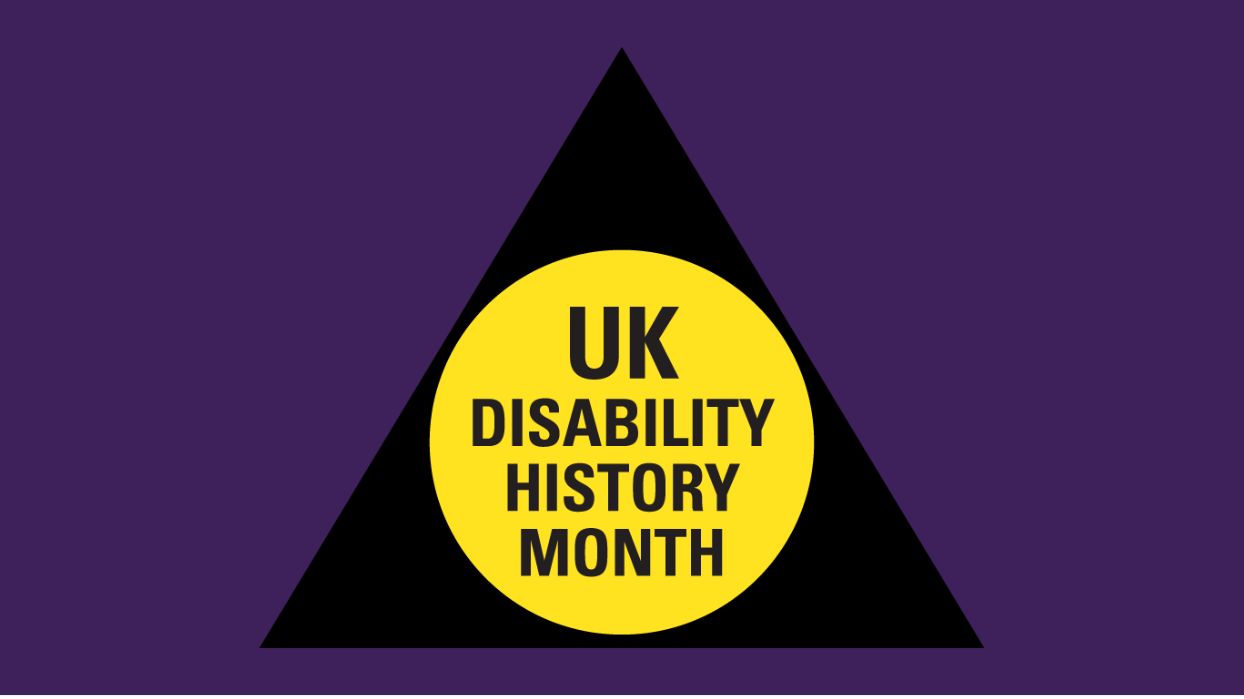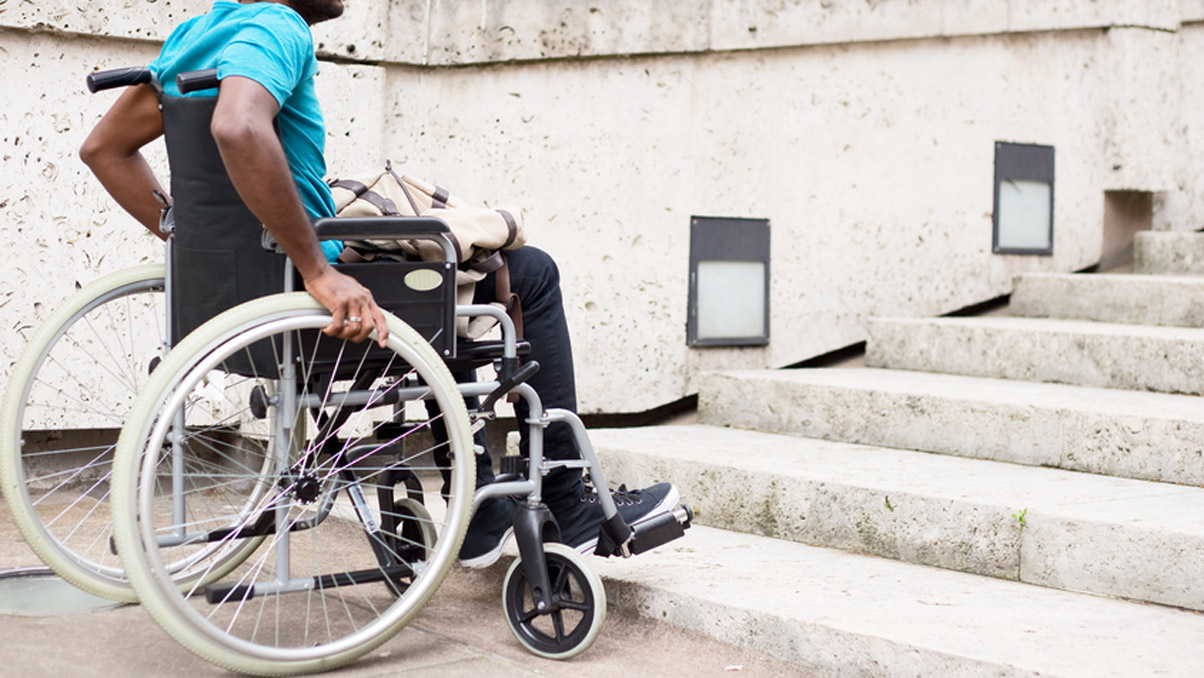Responsibility for making workplaces more inclusive for people with disabilities belongs to everyone and progress is as easy as starting a conversation.
This week, our Disability and Social Mobility Focus Group hosted an event to mark not only Disability History Month, which runs until 20 December, but also the World Health Organisation’s International Day of People with Disabilities on 3 December. The themes of this year’s events were Livelihood and Employment and amplifying the leadership of persons with disabilities for an inclusive and sustainable future.
Why do we mark Disability History Month
Discussions were brought to life by our two guests, speaker and adviser Ollie Thorn and Reena Parmar of Freshfields. They shared their very personal and inspiring stories while highlighting noteworthy facts including that:
- 24% of the working age population in the UK are disabled;
- 80% of disabilities are hidden;
- the international symbol for disability is the wheelchair, yet only 7% of people with disabilities use a wheelchair
In many industries, particularly the legal industry, disability is seen as something to hide. Perspectives need to change for progress to be made. Discussions about disability should not be avoided due to a fear of saying the wrong thing and workplaces should support all employees to be able to maximise their potential at work.
In most cases, the changes needed to improve accessibility are small and inexpensive, and can be a benefit to all. Ollie pointed out the example of the electric toothbrush, invented to assist those with grip problems but now widely used and recommended by dentists for all.
Disability in the legal industry
Discussing your needs at work should not be taboo, and we can all play a part in the conversations to normalise disability in the workplace. Giving advice to leaders, Ollie said that inclusivity can be as simple as being a good manager and supporting your colleagues to be the best that they can be.
Discussion also focused on the benefit of role models and how seeing others come before empowers those who come after. Reena noted the scarcity of role models within the legal sector specifically (whilst doing an excellent job of being a role model herself).
Reena highlighted the support that is available for lawyers, aspiring lawyers and others through the Law Society and the Disabled Solicitor’s Network. This includes a recently published guide to disability terminology and language (ever heard of inspiration porn?), easy wins and action points for disability inclusion and workplace adjustments. This is all underpinned by the Legally Disabled? research conducted in 2019/2020.
The challenge for us all to help drive change is to be curious and start the conversation around workplace disability and inclusivity, and have that conversation with kindness and respect.
If you require assistance from our team, please contact us.
Subscribe – In order to receive our news straight to your inbox, subscribe here. Our newsletters are sent no more than once a month.

